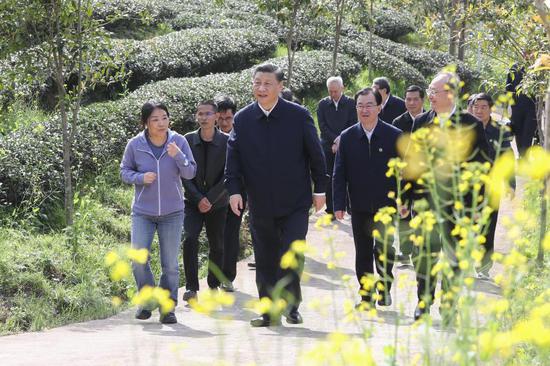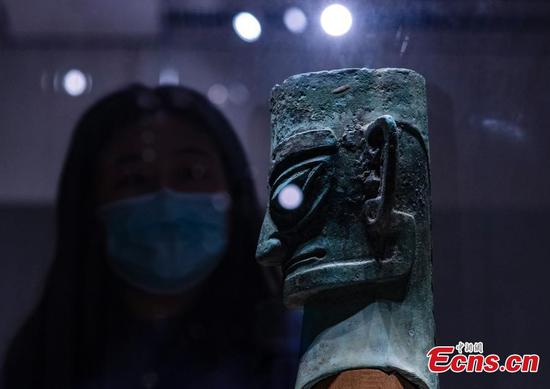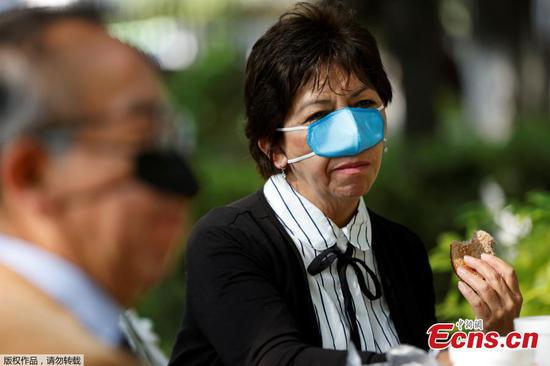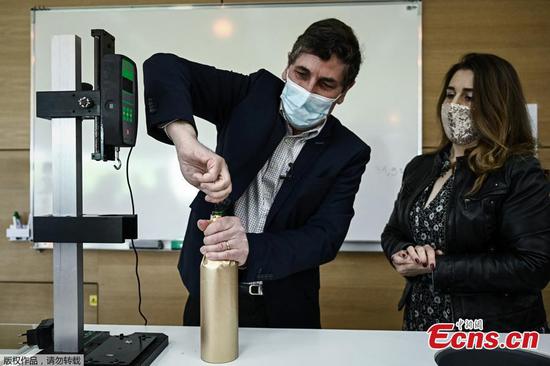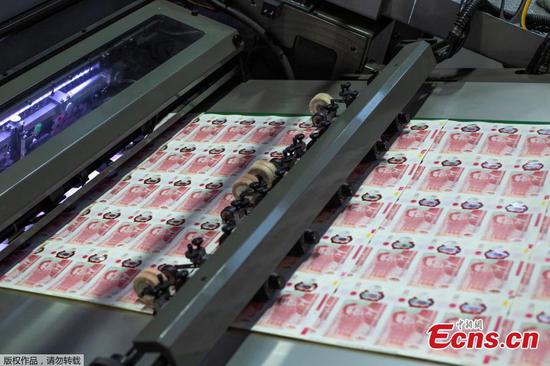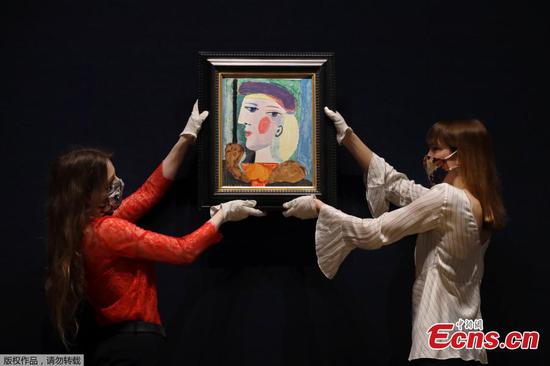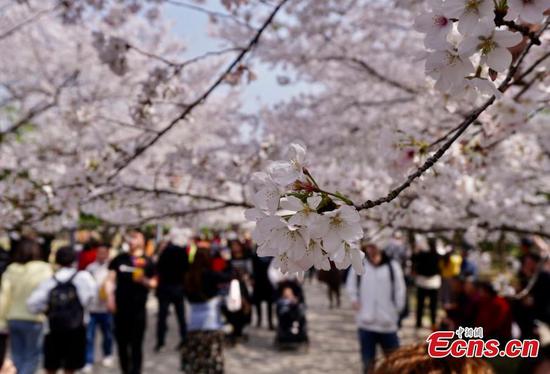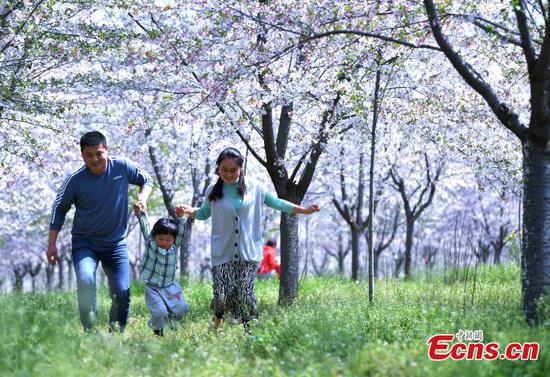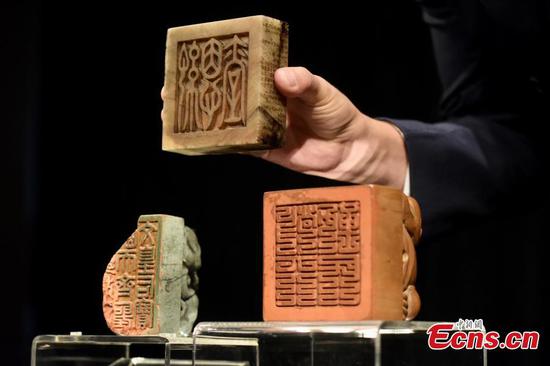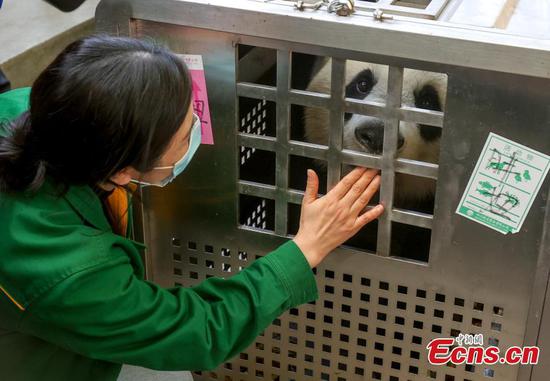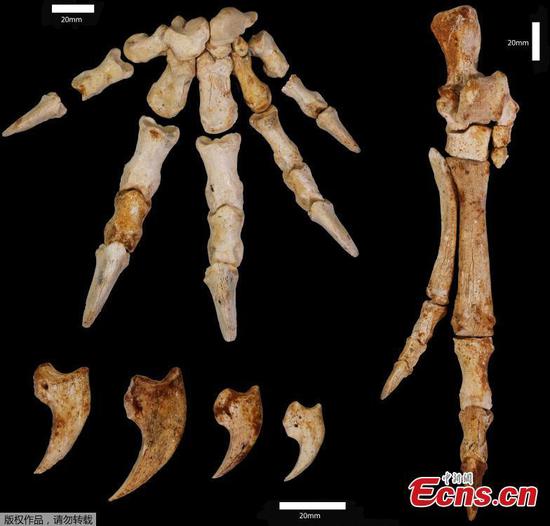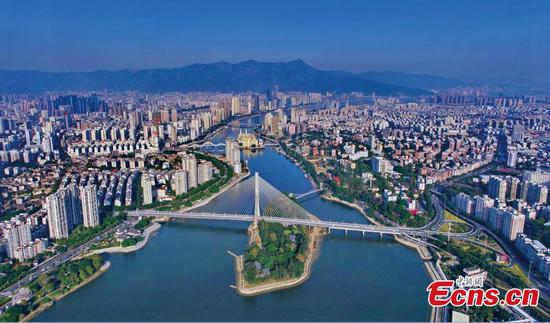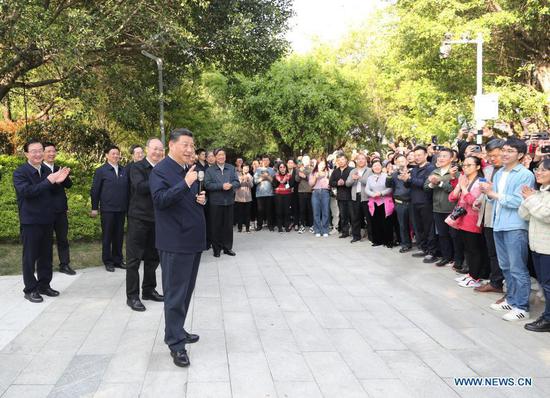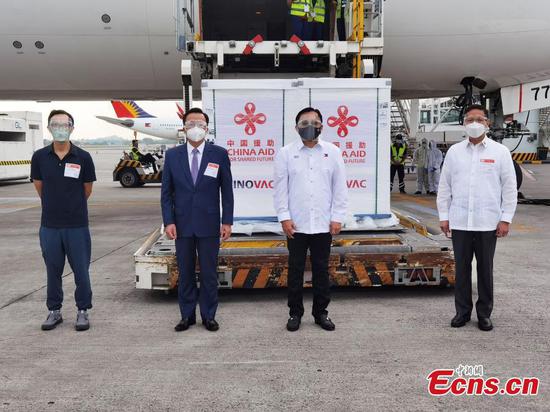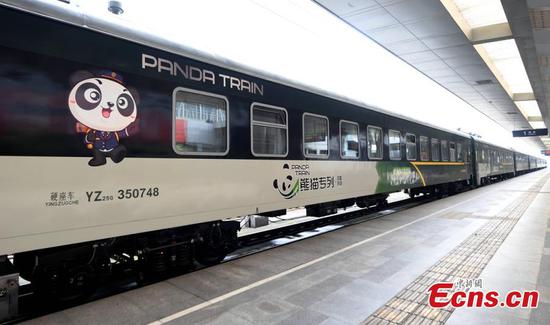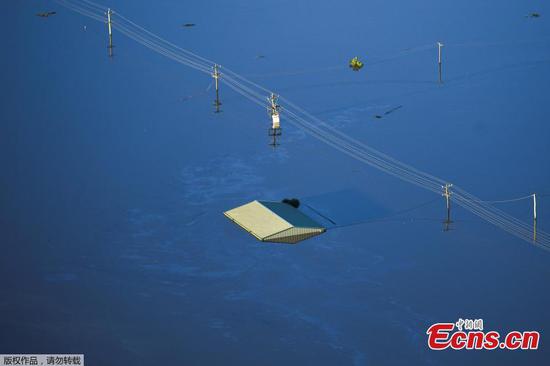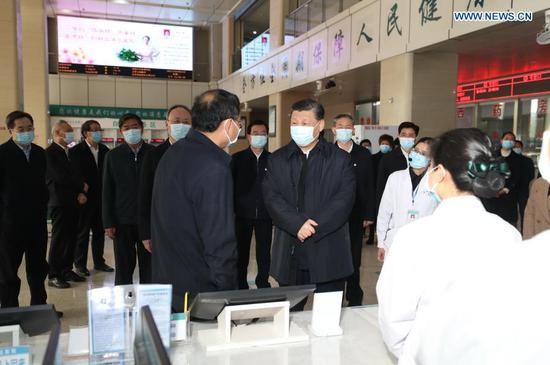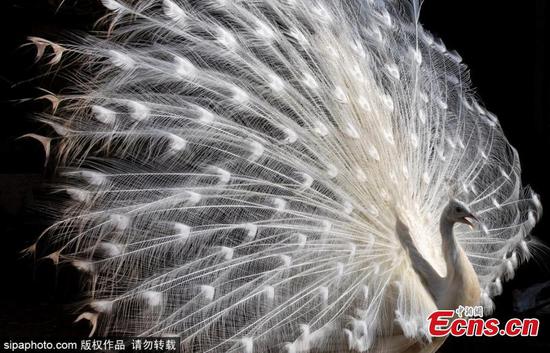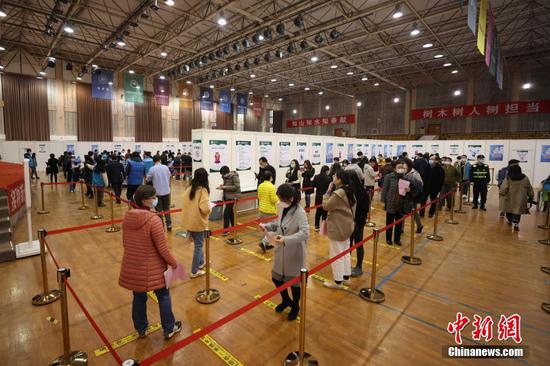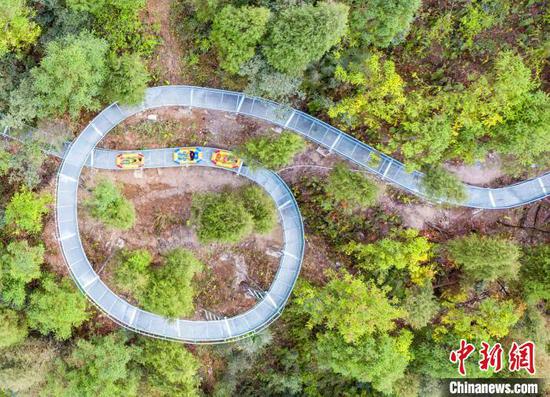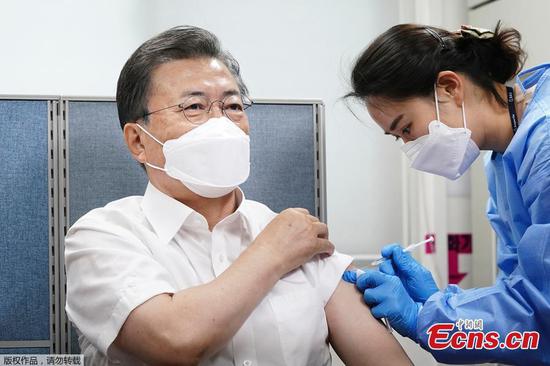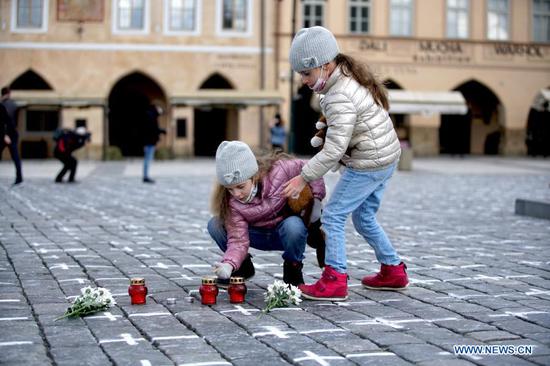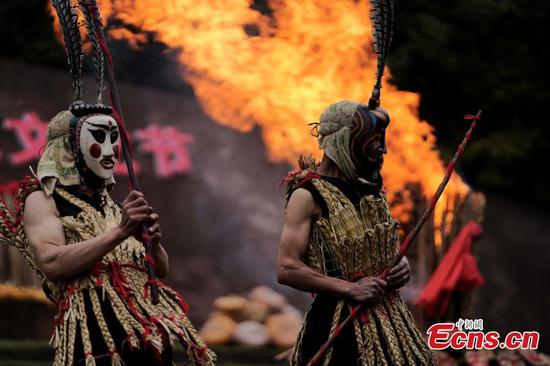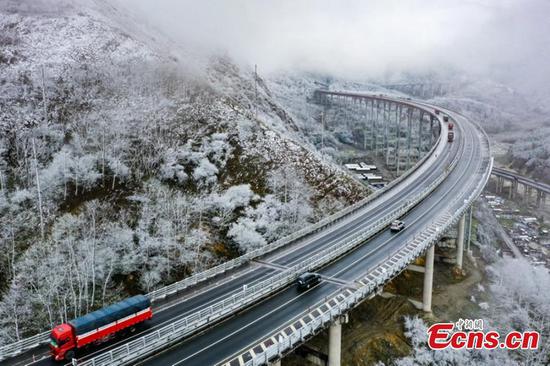
A cotton harvesting machine works in a field in Manas county, Hui autonomous prefecture of Changji, Northwest China's Xinjiang Uygur autonomous region, on Oct 17, 2020. (Photo/Xinhua)
Business suspension
The companies that issued the statements about putting a halt to sourcing cotton from Xinjiang were members of the Better Cotton Initiative, a Switzerland-based organization. On March 30 last year, the initiative announced that it would suspend business with licensed growers in Xinjiang during the 2020-21 cotton season over allegations of forced labor, which means that growers in the region were no longer able to get certificates from BCI and enter the global supply chain.
Xinjiang Haoxing Cotton and Linen Co in Bole, in the region's Bortala Mongolian autonomous prefecture, joined the initiative in 2013. Because the BCI suspended its cooperation, the sales of ginned cotton were heavily affected in 2020, Gao Ruinan, sales manager of the company, told Southern Weekly.
Because many of its clients involved in international trade did not want to be associated with cotton supplies from Xinjiang, by the end of December, the company had managed to sell only about 2 million metric tons of ginned cotton since the harvest season started, which was only about half of the amount it normally sold during that period in previous years, said Gao, whose company owns eight cotton farms.
Cao Huiqing, head of the cotton cultivation branch of the China Cotton Association, said the BCI's requirements for ethnical cotton are actually pretty low. "For example, it bans the use of certain pesticides that were prohibited in Xinjiang about more than 30 years ago," he said.
Cotton growers in Xinjiang have all joined the Stockholm Convention-a global treaty that took effect in 2004 to protect human health and the environment from pollutants. Its requirements for growing cotton are higher than those of the BCI. Also, the initiative's requirements for decent working conditions are all included in China's labor laws, he added.
"I often wonder how an organization from a country that doesn't produce cotton can draft standards for cotton. So maybe it's never been about certifying quality cotton but about controlling cotton resources," Cao said.
Some officials have said it seems that the BCI's headquarters in Switzerland is turning a blind eye to reports submitted by its China branch. The organization's office in Shanghai issued a statement on Friday, reiterating that it had found "not a single case of forced labor" in third-party verifications in Xinjiang since 2012. However, the BCI's head office hasn't made any changes in its previous decision to cut ties with Xinjiang growers.
Wu Yan, head of the initiative's Shanghai office, said her team conducted careful inspections in Xinjiang after the accusations of "forced labor", but found no such practice.
"We've submitted two investigation reports to our headquarters, and also submitted reports we compiled from some third parties such as SGS (a Swiss multinational company that provides inspection, verification, testing and certification services)," she said in a China Central Television interview broadcast on Saturday evening.
"We've reiterated many times to some international NGOs and stakeholders that we haven't found a single case of forced labor in China."
Wu said the decision by BCI headquarters to cut ties with Xinjiang growers will block about 500,000 tons of Xinjiang cotton from entering the international supply chain.
Liu Haoran, a project manager with the BCI Shanghai office, said many international human rights groups have played a role in the initiative's decision.
"They've demanded that BCI suspend Xinjiang cotton certification, and required that the BCI not publicly associate its decision with these human rights groups," he said in the CCTV interview.
In addition, the United States Agency for International Development is a key sponsor of the BCI. The organization also heavily relies on membership fees paid by big U.S. and European companies, according to the report.












